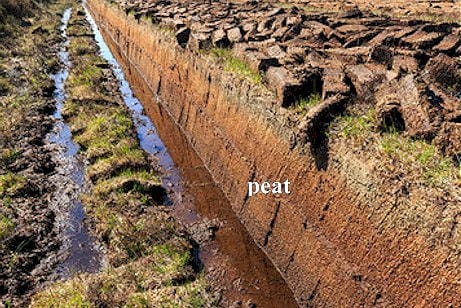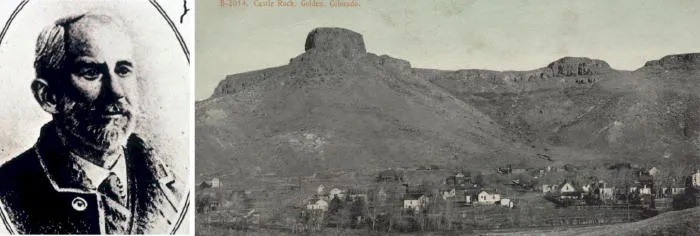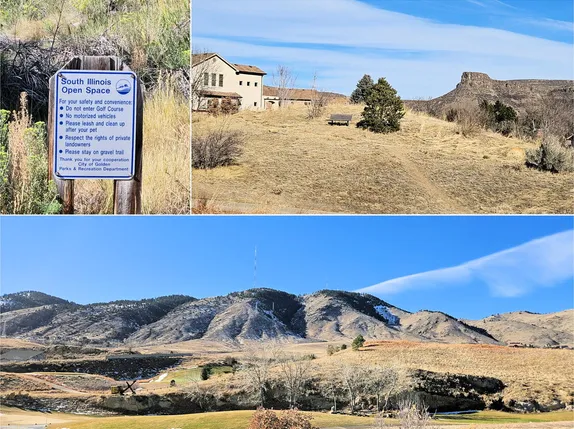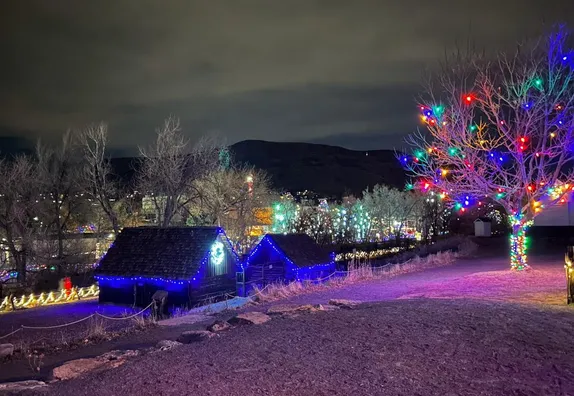Engineer Edward Berthoud (as in the town of Berthoud, Berthoud Pass, and Berthoud Hall on the School of Mines campus) wrote hundreds of articles for the Transcript over a period of nearly half a century. The man continually came up with ideas and theories about the world around him, and liked to share them.
154 Years Ago
One of his more memorable ideas appeared in the March 13, 1878 Colorado Transcript. He suggested placing a bright light on Castle Rock and using reflectors and lenses to direct the light into various part of Golden, to light the streets.
The March 20, 1867 Colorado Transcript included Berthoud's idea for fuel shortages in the mining regions. As soon as white settlers arrived in this area in 1858 they began harvesting the mountain forests for use in building and fuel. By 1867 the mountains were largely treeless (and the plains always had been).
At the same time, the need for trees had never been greater. The mining industry needed timber to shore up mines and to provide housing for miners. Smelters needed tremendous amount of fuel for their smelters. Most industries needed to run steam engines, which had to burn something.
Coal mines along the front range were beginning to produce useful amounts of coal, but there was as yet no way to get it into the mountains--no railroads! Horse-drawn wagons were not a practical, cost-effective way transport coal over long distances.
Berthoud's idea was for the mountain towns to use peat. He claimed that "our highest mountain valleys…" had "many and extensive deposits of good peat."

Peat has historically been used as a fuel, though not usually on an industrial scale. Peat is partially decomposed plant matter found under the roots of growing plants. It tends to develop in high-moisture places that include swamps and bogs…that's why we associate peat fires with Ireland and Scotland.
It seems unlikely that there were "extensive" peat beds in the high mountain valleys of this dry region. That may be why we never heard any more about this idea.
Many thanks to the Golden History Museum for providing the online cache of historic Transcripts, and to the Golden Transcript for documenting our history since 1866!




